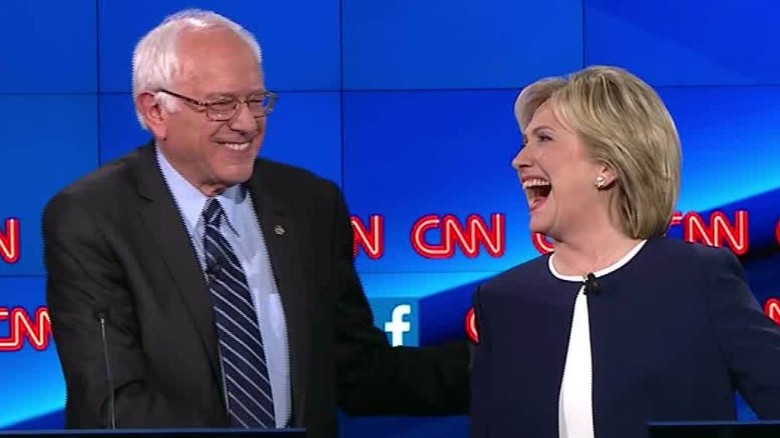
Sanders won among Latinos and Whites and still lost Nevada primary
LOS ANGELES (Feb 22) – After hearing about disputes between the Bernie Sanders and Hillary Clinton campaigns over the Edison Entry Poll Survey results on the Latino vote in the February 20 Nevada Primary Caucuses, the William C. Velasquez Institute (WCVI), a non-profit, non-partisan Latino public policy and research organization, undertook a review of the publicly disclosed data to get to the bottom of the controversy.
After a careful scrutiny of the results, the California- and Texas-based Latino organization concluded that the survey results are statistically consistent with the Clinton margin of victory in Nevada on Feb 20. The main dispute among pundits and between campaigns has been the assertion that it is statistically impossible for Hillary Clinton to narrowly lose the Latino vote (45% to 53% with Latinos representing 19% of the voters), and narrowly lose White votes (47% to 49% with Whites representing 59% of the voters), and still win the election by 5.3%.
However, WCVI concluded that the Clinton victory is adequately explained by the large margin of victory with which Secretary Clinton won among African American voters (77% to 23% with African Americans representing 13% of the voters).
There is no relevant statistical inconsistency between Edison’s Entry Poll results for Latinos, Whites, and Blacks and the overall election results, a WCVI press release emphasized. WCVI concluded that there is no statistical basis to question the Latino vote breakdown between Secretary Clinton and Senator Sanders.
In their release WCVI stated that “analysts have said that Secretary Clinton’s victories in heavily Latino precincts proved that she won the Latino vote.” WCVI stressed that “the methodology of using heavily Latino or ‘barrio’ precincts to represent Latino voting behavior has been considered ineffective and discarded for more than 30 years due to non-barrio residential patterns common among Latino voters since the 1980’s.”
Lost in the controversy is the fact that the data shows a record high Latino vote share in the Democratic Caucuses with Latinos representing 19% of the vote compared to 13% in 2008.

